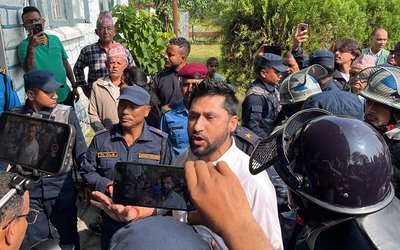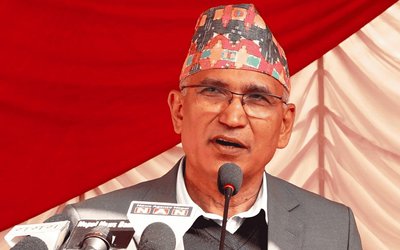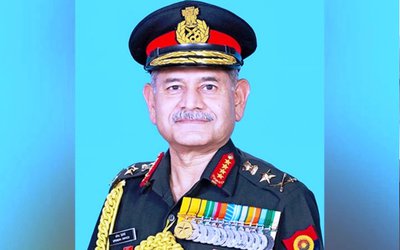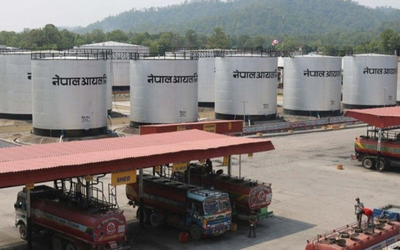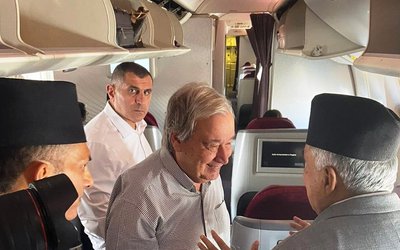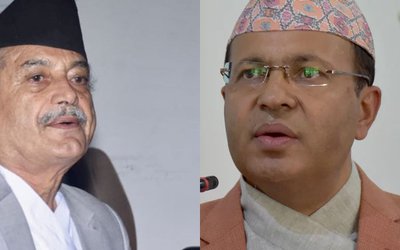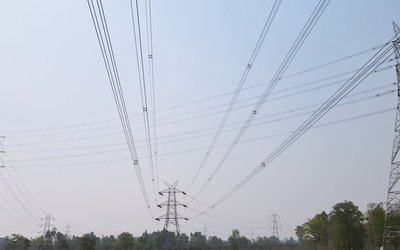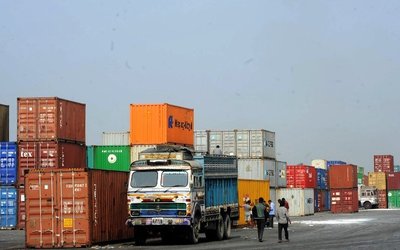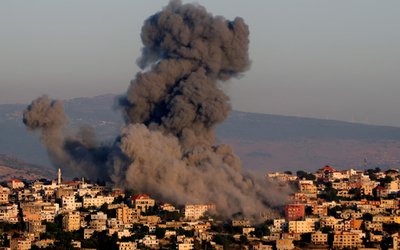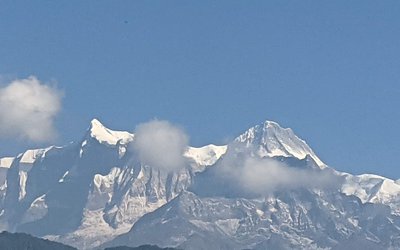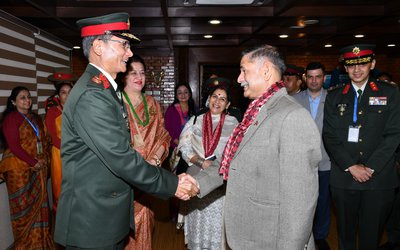Indian governmnet has conceived a project to meet Delhi's needs by linking Sharda (Mahakali) river on the India-Nepal border with the parched Yamuna near the Capital via Uttarakhand and Uttar Pradesh.
Minutes before announcement of assembly polls in Delhi, Indian water resource Minister Uma Bharati made public the Centre's plan to initiate a new link to bring surplus water from Sharda (Mahakali) river on the India-Nepal border to the Yamuna. This will be the country's 31st ILR project The Times of India reports.
The project, once implemented, will provide drinking water to the Capital and will also help Yamuna have 'uninterrupted' flow of water between Delhi and Agra and even beyond till the point the Chambal river joins it and gives it normal and uninterrupted flow.
"We are proposing three new dams including one in Renuka in Uttarakhand for this new link. We have started discussions with the state. These three dams will also supply water for the farming requirements of Haryana and Uttar Pradesh," Bharati said.
The minister recalled that an agreement was signed by Prime Minister Narendra Modi during his visit to Nepal last year on Pancheshwar, which has an element for preparing the new link.
As far as actual implementation is concerned, only three ILR projects have so far crossed hurdles as many proposals faced resistance from environmentalists and state governments. States opposed to ILRs are Odisha, Kerala, Punjab, Himachal Pradesh and couple of those in the northeast. Except Punjab, states opposed to ILRs are ruled by non-NDA parties.
Asked about the reason behind the states' resistance, Bharati said states opposed to the move were mainly concerned about non-availability of water for irrigation if they transferred surplus water, submergence of area and resettlement of displaced people.
"I am trying to address their concerns. I made it clear that we will be only using the water which the states are currently unable to utilize. Such surplus water is simply wasted and is flowing into the sea. We won't use the water which is used by states for irrigation," she said.
Asked whether the opposition to ILRs was more due to politics than environmental concerns, Bharati said the states were not opposed to ILR per se. "During a debate on the issue in Parliament, many MPs, irrespective of their political affiliations, supported the concept. The opposition is about certain things. If we sort them out, there will be no opposition to it at all," Bharati said.
The minister on Monday also announced various other measures being taken up by her ministry to rejuvenate the Ganga.
She said her ministry in consultation with the defence ministry has already finalized a plan to raise four battalions (over 3,000 personnel) of the Ganga Task Force (GTF) under Territorial Army.
Ex-servicemen from across the country will join the GTF that will keep tabs on various activities along river banks so that people adhere to certain dos and don'ts to keep Ganga clean.
- PM Oli's Visit To China: Geopolitical Implications
- Nov 19, 2024
- NEA: Kul Man Ghising, A Cool Man
- Oct 28, 2024
- DASHAIN FESTIVAL : Festival of Unity
- Oct 04, 2024
- NEPAL-CANADA Bilateral Meeting
- Oct 04, 2024
- MIDDLE BHOTEKOSHI: Final Stage
- Sep 23, 2024

